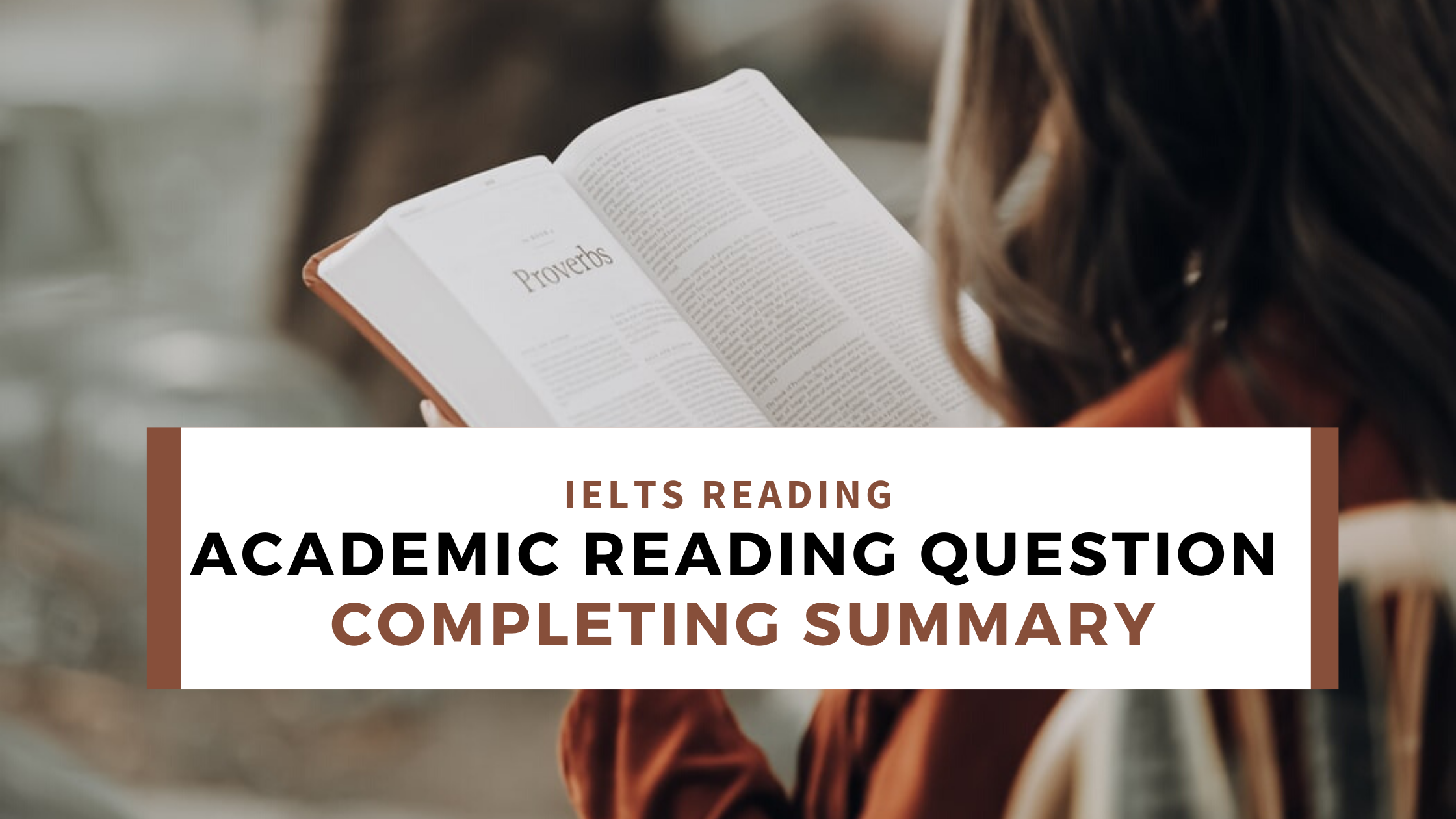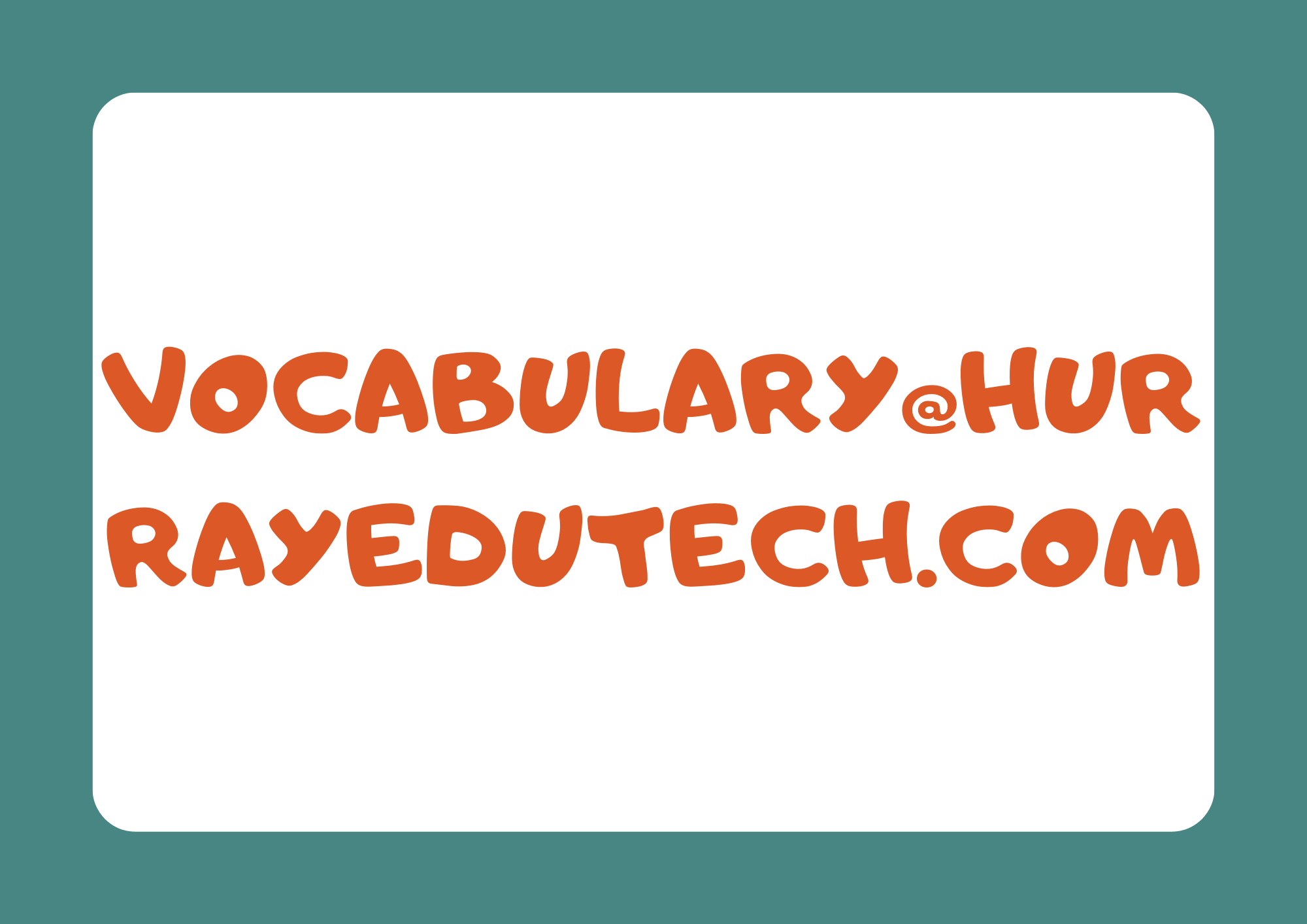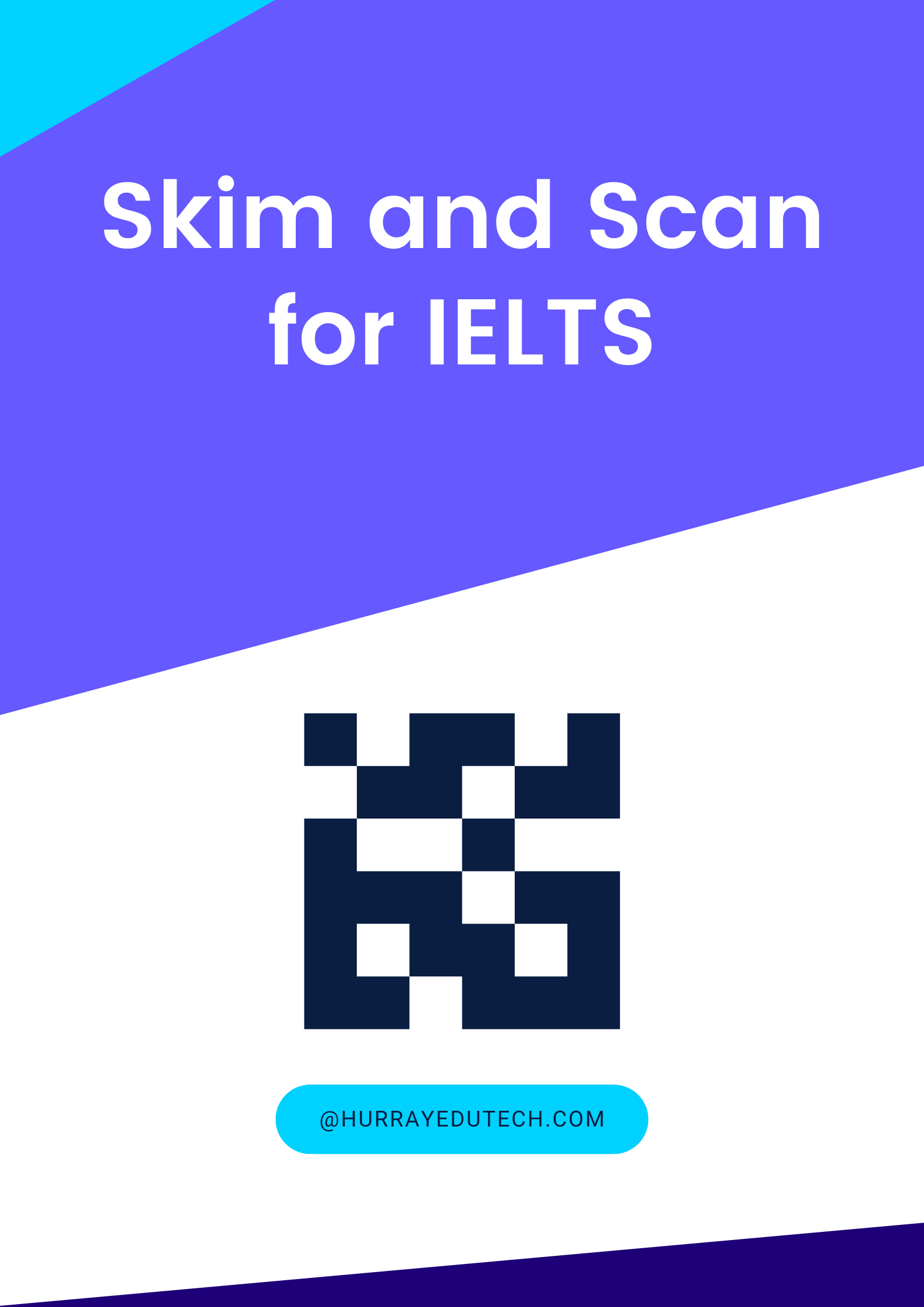Academic Reading Question - Completing Summary
The IELTS Reading Test can be quite tricky and challenging. A question like Complete Summary requires you to have a complex understanding of main ideas and sub ideas. It is here that you your ability to comprehend the meanings of complex sentences will be tested.
The Hurray IELTS Online Training team has compiled a list of information with examples to help you understand this type of question.
You will be given a passage to read. The passage will be academic in nature – however, it will not require specialist knowledge.
A summary of the passage will be given, with some of the words missing, represented by a ‘blank’. Although here you will find that the task is to fill in the blanks with no more than 2 words from the passage, to complete the summary, you can also be given one word or three word limits.
The summary will generally be framed using differing vocabulary from that used in the passage.
1. Objective
The tasks in the IELTS Reading Test is designed to assess a wide range of reading skills, including:
-
read for the general sense of a passage
-
read for the main ideas
-
read for detail
-
understand inferences and implied meaning
-
recognise a writer’s opinions, attitudes and purpose
-
follow the development of an argument
All of the above will come into play, as you attempt this task.
2. Common problems
The problems our students often encounter, include:
-
lack of comprehension of the passage, particularly of key words
-
inability to recognize similar information presented in different words
The following tips will help you avoid these problems!
3. Tips: Preparing for the task
a. Build vocabulary
Vocabulary skills involve knowing a large number of words, what they mean, how to spell them, and how to correctly use them.
Having a strong vocabulary makes a big difference when it comes to the reading test – first, to help you comprehend the passage correctly; second, to perform the task/answer the questions correctly.
Our tips to build vocabulary include:
-
Read widely and whatever you can, particularly reading material of good quality, on topics that are often used in IELTS tasks, such as Environment, Entertainment, Education, and so on.
-
Watch/Listen, particularly to news channels and other informative programmes, and good movies.
-
Note down in a note-pad or journal, the new words you learn which you believe are of immediate relevance to the topics mentioned above.
b. Hone your reading sub-skills
These include:
-
Speed reading and skimming and scanning: quickly reading through a passage in order to get a gist of the main ideas, of what it is about.
-
Reading to locate key words: the ability to pick out the most important words in the passage.
-
But, don’t be too hasty: slow down and make sure you read with close attention, in order to understand it at first go.
c. Practice!
Answer as many mock IELTS tests as you can – ideally, a minimum of 3-4. Practice under exam conditions, i.e. keeping time limit and other restrictions in place.
Practice will help you
-
familiarise yourself with the question patterns
-
put the skills you have worked on to use
4. Tips: Doing the task
While performing the task, do the following:
a. Read the passage
Make use of the reading sub-skills mentioned in Slide 7. Ensure that you comprehend the gist of the passage well, as well as the key terms and main ideas.
b. Re-read the passage!
Read the summary carefully, paying attention to the main ideas.
Then go back to the passage, to check how the main ideas in the summary correspond to certain parts of the passage.
There will be an overlap between the two. You can select words from the passage accordingly.
c. Pay attention to phrasing
While the vocabulary in the summary will differ from the passage – the use of certain words/phrases in the summary, similar to words/phrases used in the passage, will help you find out which are the most appropriate words from the passage to fill in the blank – even if you feel there are several possible answers.
e.g. “…allows us the exceptional ability to think about __________ (5) as we make decisions.”
Possible options from the passage:
…Humans eat, sleep and play, but we also speak, plot, rationalise and debate finer points of morality. Our unique abilities are the result of an expansive third brain – the neocortex – which engages with logic, reason and ideas. The power of the neocortex comes from its ability to think beyond the present, concrete moment. While other mammals are mainly restricted to impulsive actions, humans can think about the “big picture”.
Here, while each of these words/phrases could correspond to the blank, the fact that “the ‘big picture’” follows after the phrase think about, which is also used in the summary, makes it the best answer.
Plus, remember – you can only choose TWO words, which means that the smaller phrase will usually work best!
5. Example – Passage
The first of our three brains to evolve is what scientists call the reptilian cortex. This brain sustains the elementary activities of animal survival such as respiration, adequate rest and a beating heart. We are not required to consciously “think” about these activities. The reptilian cortex also houses the “startle centre”, a mechanism that facilitates swift reactions to unexpected occurrences in our surroundings. When it comes to our interaction with others, the reptilian brain offers up only the most basic impulses: aggression, mating, and territorial defence.
But while a lizard may stake a claim to its habitat, it exerts total indifference toward the well-being of its young. This is in contrast to the anguished squeal of a dolphin separated from its pod – itis clear that a new development is at play. Scientists have identified this as the limbic cortex. Unique to mammals, the limbic cortex impels creatures to nurture their offspring by delivering feelings of tenderness and warmth to the parent when children are nearby. These sensations also cause mammals to develop various types of social relations and kinship networks.
But only human capabilities extend far beyond the scope of these two cortexes. Humans eat, sleep and play, but we also speak, plot, rationalise and debate finer points of morality. Our unique abilities are the result of an expansive third brain – the neocortex – which engages with logic, reason and ideas. The power of the neocortex comes from its ability to think beyond the present, concrete moment. While other mammals are mainly restricted to impulsive actions, humans can think about the “big picture”.
6. Example – Questions
Complete the summary below. Choose no more than two words from the passage for each answer.
Human beings possess three brains. The first, i.e. the __________ (1), is responsible for our most basic instincts, and is the one we share with several living creatures. The limbic cortex is unique to __________ (2), and helps us to form __________ (3) and kinship networks. Finally, the __________ (4), which we humans alone possess, allows us the exceptional ability to think about the __________ (5) as we make decisions.
7. Example – Solution
The answers to the task are
|
1 |
reptilian cortex |
|
2 |
mammals |
|
3 |
social relations |
|
4 |
neocortex |
|
5 |
big picture |
At Hurray, our trainers can help provide you more tips and practice opportunities, while honing your language skills and working on problem areas. We also offer both IELTS classroom training and IELTS online training – offering you the flexibility you need, to adapt our programme to your own busy schedule!
*Update for Covid-19: For all of you staying home, we are here to assist you with your IELTS preparation during the lockdown. All of our blog content can be used as frameworks guiding your practice and study efforts – so you can make the most of this time! Reach out to us via email: info@hurrayedutech.com or phone: 8971357938, for more details.
* Production of this material without written permission from the company will result in legal and criminal action against all perpetrators.











Post Comments